
The Future.s of Money II
A two-day workshop where academics, central bankers and industry experts will envision the future(s) of money.

A two-day workshop where academics, central bankers and industry experts will envision the future(s) of money.
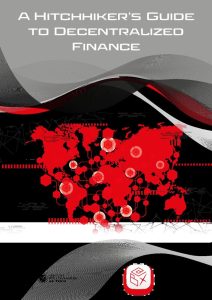
Decentralized Finance is a major innovation trend that is shaking the FinTech world. DeFi refers to a universe of financial applications that rely on blockchain technology to achieve decentralization. In other words, DeFi applications allow their users to perform traditional financial operations…
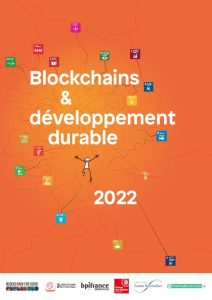
This report is a continuation of the work of the Blockchain for Good association, including the publication of a first report released in June 2020. Both attempt to answer the question of whether and how blockchains could help accelerate the achievement of the Sustainable Development Goals in a significant and sustainable way.
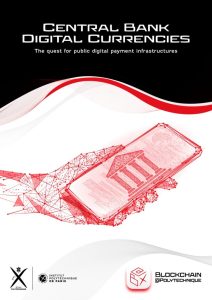
Central Banks provide foundational public infrastructures for payments such as cash and gross settlement systems. In an evolving context, Central Bank Digital Currencies (CBDC) are efforts to leverage new patterns and technologies to provide infrastructures relevant to the digital age.

A two-day workshop where academics, central bankers and industry experts will envision the future(s) of money. Recordings of all the talks available HERE Academia: Universities…
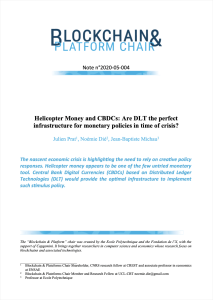
The nascent economic crisis is highlighting the need to rely on creative policy responses. Helicopter money appears to be one of the few untried monetary tool. Central Bank Digital Currencies (CBDCs) based on Distributed Ledger Technologies (DLTs) would provide the optimal infrastructure to implement such stimulus policy.
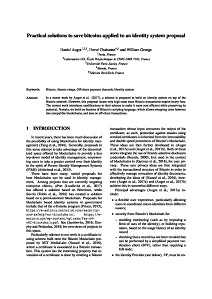
In a recent work by Augot et al. (2017), a scheme is proposed to build an identity system on top of the Bitcoin network. However, this proposal incurs very high costs since Bitcoin transactions require heavy fees. The current work introduces modifications to their scheme to make it more cost…
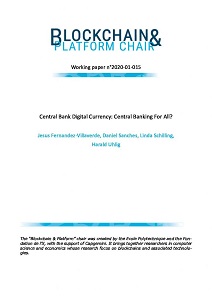
The introduction of a central bank digital currency (CBDC) allows the central bank to engage in large-scale intermediation by competing with private financial intermediaries for deposits. Yet, since a central bank is not an investment expert, it cannot invest in long-term projects itself, but relies on investment banks to do…
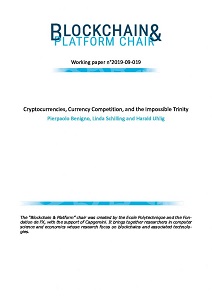
We analyze a two-country economy with complete markets, featuring two national currencies as well as a global (crypto)currency. If the global currency is used in both countries, the national nominal interest rates must be equal and the exchange rate between the national currencies is a risk-adjusted martingale. We call the…
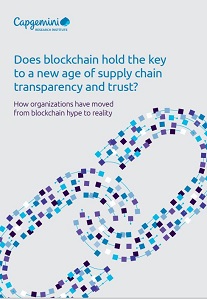
How organizations have moved from blockchain hype to reality